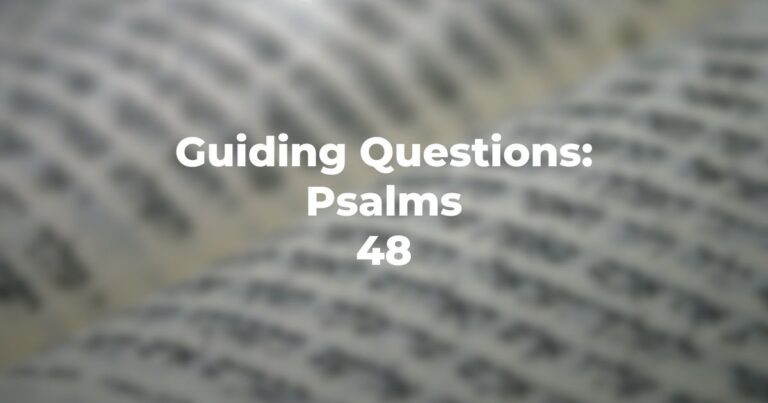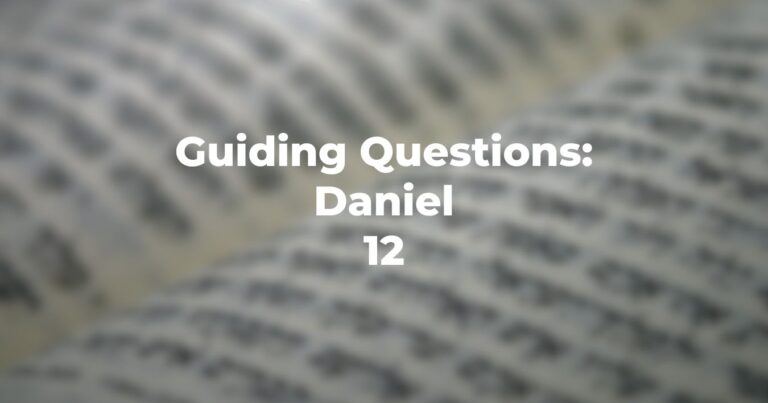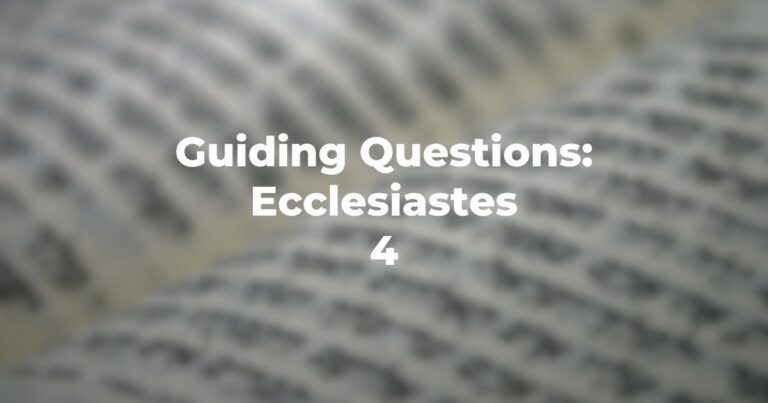- What would the first sentence (Judges 18:1) in this chapter imply as to the time when this particular text was being written?
- And the reference to the fact that the Sheyvet Dan did not have a “geographic portion” relates, how, to earlier passages in Joshua?
- And how would the “homelessness” of the Danites and attendant restiveness as to lack of economic security, and the like, relate to what will follow in the text?
- In their search for a “dwelling place” where do the “spies” of the Danites reach?
- Does Judges 18:3 imply that the “Leyvi” in the house of Mikah was of Danite derivation — and does the inquiry which they pose to him imply friendship or other?
- The verb in Judges 18:4 is “he hired me” and, subsequently, “I have become a Kohen for him.” What would that indicate as to the sacerdotal structures of the Israelites at this particular juncture (at least in this instance)?
- In addition to serving as a “Kohen” or “Leyvi” (that is, fulfilling the functions of “priesthood”) do the Danites see any other role for the lad?
- As a result of the “prediction/charge” of the “Leyvi/Kohen” what would the attitude of the Danite spies be in terms of what they subsequently viewed and recommended — positive or uncertain?
- Would the description of Layish appear to be that of a troubled society or of one which, indeed, had enviable attributes?
- What is the recommendation of the spies to the Danites? Judges 18:12 (once again) makes reference “to this very day” and what would this suggest as to the historical setting of the composition of the text?
- On their way to Layish, what detour is made by the Danite militia?
- And, what does the phrase in Judges 18:14 mean: “And now, you know what you have to do”?
- Judges 18:17 indicates that certain properties were taken from the house of Mikah — how does this reflect on the worship pattern of that particular time?
- While the spies, at an earlier juncture, had looked upon the lad serving Mikah not only as a “Leyvi/Kohen” but, also endowed with the power, if not of prophecy, of predictions; what is their attitude now (Judges 18:18-19)? What is the reaction of Mikah and his establishment when he discovers what the Danites have done?
- And, what does the specific statement in Judges 18:24 reflect as to the mode of worship — at least where the Mikah establishment is concerned? Does the statement refer to “God” or to “Gods”?
- What action is taken (Judges 18:27) by the Danite militia where Layish is concerned?
- And, having rebuilt the city of Layish, what religious pattern is established?
- Judges 18:30 is of especial interest. When must it have been written by virtue of its closing refrain?
- And, what does Judges 18:31 indicate as to the nature of Shilo? And, is the reference there to a “house of God” to the portable sanctuary of the wilderness days, or other?
Author
-

Exploring Judaism is the digital home for Conservative/Masorti Judaism, embracing the beauty and complexity of Judaism, and our personal search for meaning, learning, and connecting. Our goal is to create content based on three core framing: Meaning-Making (Why?), Practical Living (How?), and Explainers (What?).
View all posts




